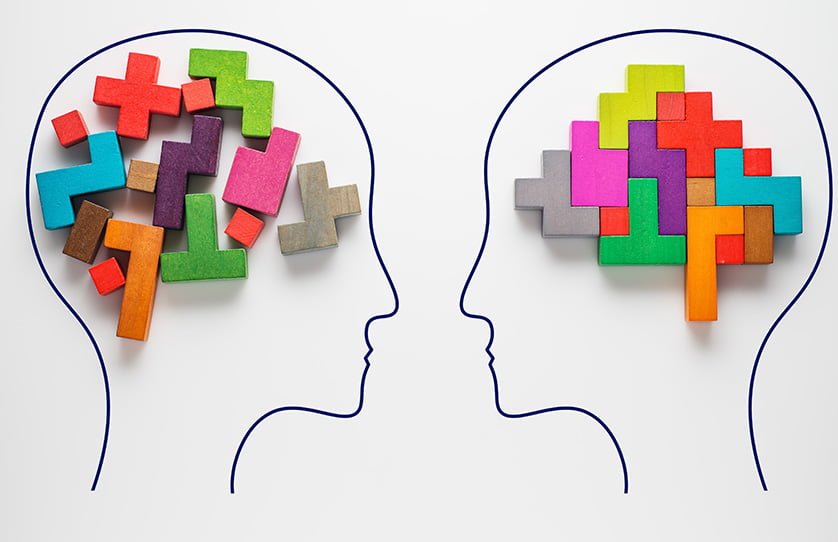Without exception everyone will experience personal challenges or issues in their lives. In fact, it is estimated that in the past 12 months that 1 in 5 people have struggled with issues affecting their psychological wellbeing. Whilst some of us will deal with these experiences by talking to friends or family, or by trying to deal with things ourselves, there maybe a point when issues or experiences are too complex or overwhelming and you need the support and assistance of a professional.
Whilst seeing a Psychologist is an excellent source of support for people experiencing depression, anxiety, or other mental health issues it is also the most effective way to deal with challenges that everyday life presents. Attending counselling with a Psychologist is becoming more often a choice that individuals make in an attempt to develop a deeper understanding of who they are, the way they work, how they relate to others and why they respond to events/experiences the way they do.
Ultimately, speaking to a Psychologist can help you to reduce stress, improve your relationships and reach your personal goals.
So what is counselling?
Counselling is when you sit with a therapist (Psychologist/ Psychotherapist/ Counsellor), with whom you can build a healing and trusting relationship.
Counselling is a process of talking about and working through your personal problems. In fostering a safe space, a therapist works with their client to gain greater awareness of the presenting issue, to develop strategies and explore options of increasing an individual’s sense of connection to themselves and others.
All Psychologists are bound by confidentiality. What this means is that when seeing a Psychologist what you talk about is private. However, there are exceptions to this. Specifically, a Psychologist has a duty of care and what this means is that if a Psychologist believes that you or someone else is at risk then they can advise the appropriate service (e.g. ambulance, GP, Police) in an attempt to keep all parties safe. This legal requirement and will be explained to you in your first counselling session.
There are many different types of counselling and approaches that counsellors use will vary.
Anyone who is struggling with a personal concern can seek counselling. No issue is too big or too small to ask for support.
Common issues that people seek counselling for include:
- grief and loss
- communication and relationships issues
- work and career issues
- stress, anxiety and depression
- life transitions such as the birth of a new baby, separation/divorce or the death of a loved one
- parenting
- addiction
- abuse
- trauma
- self-esteem difficulties
- exploring gender identity and/or sexuality.

